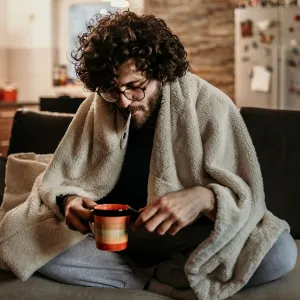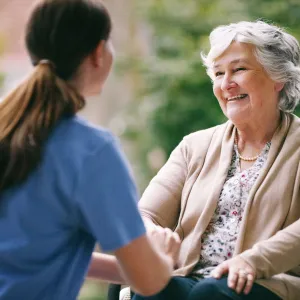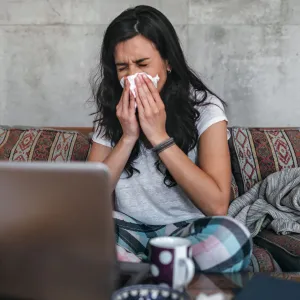
What to Do if You Experience Symptoms During an Outbreak
If you’re showing signs of COVID-19, knowing exactly what to do can help you feel better. Our coronavirus pandemic plan can help you take the right steps. Read more here.

Keep reading to learn more about our involvement in NASCAR and steps we’re taking to build colon cancer awareness.



If you’re showing signs of COVID-19, knowing exactly what to do can help you feel better. Our coronavirus pandemic plan can help you take the right steps. Read more here.

If you’re an older adult or have a chronic health condition, you have a higher risk of severe illness from coronavirus. Stay safe by taking these extra precautions.

The outbreak of coronavirus means quarantine and social distancing for many. With schools closing, how can you get your kids ready for an extended time at home?

The novel outbreak of coronavirus has many families wondering how best to explain the pandemic to their children. Learn how to talk, listen and help their anxiety.

Self-quarantine is one way to help prevent the spread of coronavirus. It can protect those in your home — and in your community. Find out who should self-quarantine and how to do it.

Staying fit keeps healthy and well, so don’t give up on fitness during a pandemic. Here’s how and why to exercise at home. Get started today.

Self-quarantining essentially means isolating yourself as much as possible, and if that precaution isn’t taken, it could result in a mandated quarantine enforced by law.

The symptoms of the current COVID-19 are similar to those described for MERS and SARS, other coronavirus strains that were first reported in 2003 and 2012.

Older adults are vulnerable to getting severely sick from COVID-19, but your support can help keep elderly loved ones safe from coronavirus.
Our website uses cookies. Please review our privacy policy to find out more about the cookies we use. Browsing our website means you accept these terms.